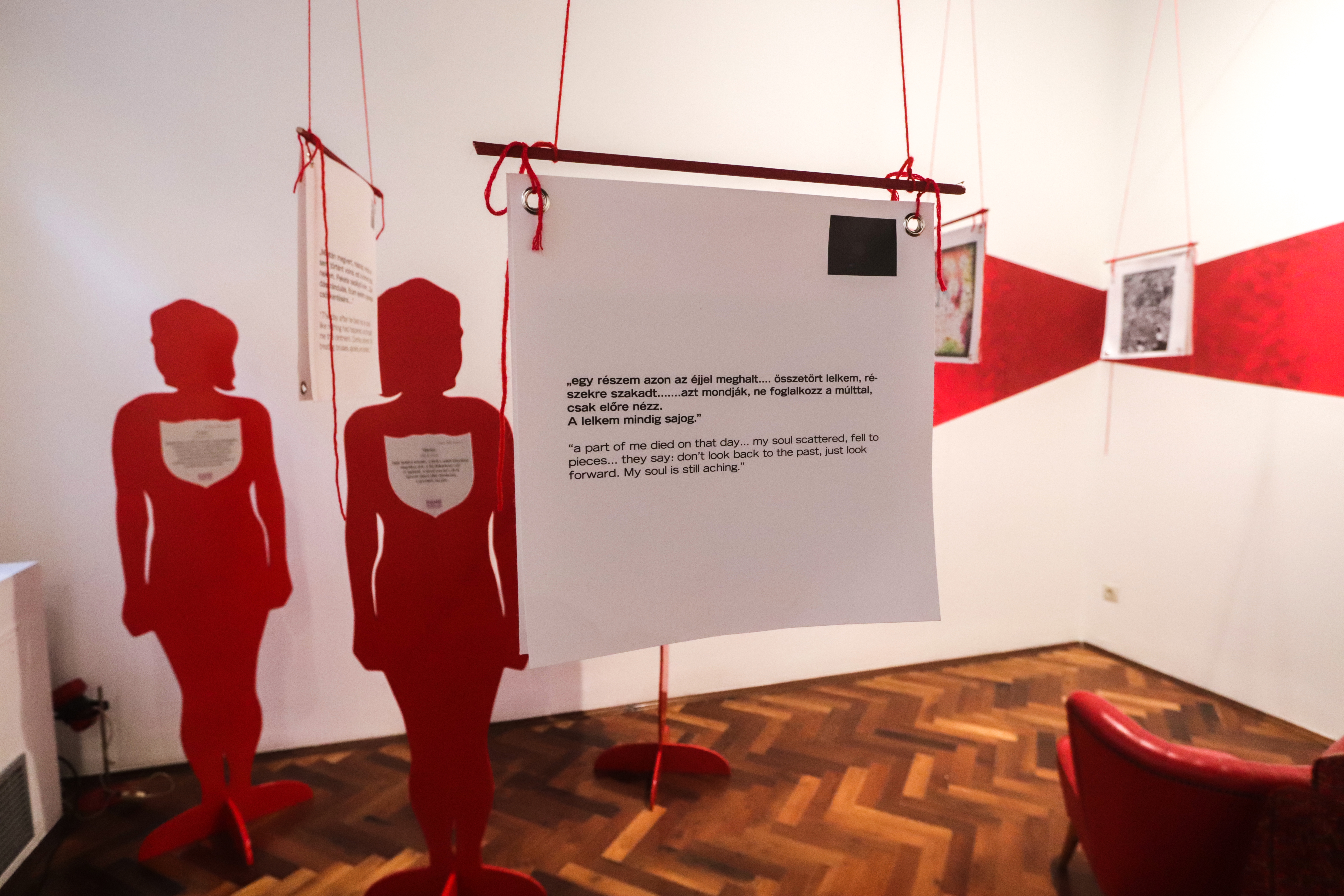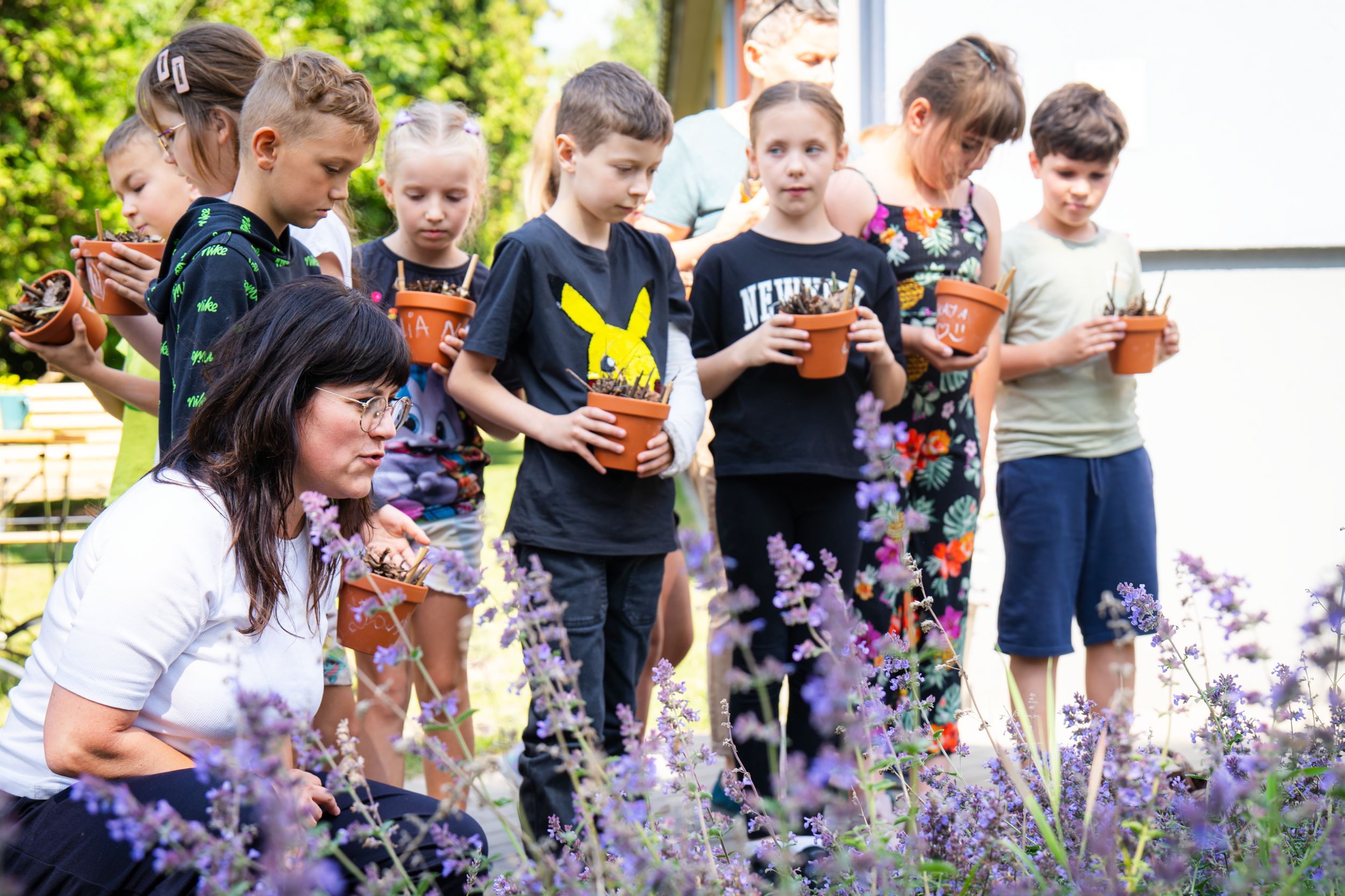
The Óbuda-Békásmegyer Domestic Violence Victim Support Program provides Hungary’s first municipality-led, comprehensive support system for survivors, addressing national service gaps through direct aid, systemic reform, and public awareness.
A LOCAL RESPONSE TO NATIONAL INACTION
Despite the alarming frequency of intimate partner violence in Hungary—claiming the life of one woman each week—the government has failed to ratify the Istanbul Convention, leaving survivors with few national protections. In this climate of neglect and traditionalist rhetoric, the Óbuda-Békásmegyer municipality launched its own initiative to provide meaningful support. The programme addresses critical gaps by offering housing, legal aid, support groups, and access to services tailored to the specific needs of domestic abuse survivors.
MULTI-LAYERED SUPPORT
Since 2022, the programme has combined survivor-centred services with systemic improvements and professional training. It has delivered over 150 hours of training, renovated three apartments for transitional housing, and hosted cross-sector roundtables to strengthen institutional cooperation. Survivors benefit from holistic care—including psychological support, legal and financial advice, and long-term housing pathways—while the programme fosters broader change by improving policies and building bridges between service providers.
CHANGING MINDS, CHANGING SYSTEMS
To shift public perception and reach survivors who might otherwise be overlooked, the programme runs innovative outreach efforts such as pop-up street displays and art exhibitions. It also trains professionals outside the traditional support system—like educators and social workers—to recognise signs of abuse. By combining visibility with action, the programme not only supports individuals but also drives long-term cultural change. Its success serves as a model for replication in other communities and countries, creating momentum for wider reform.










